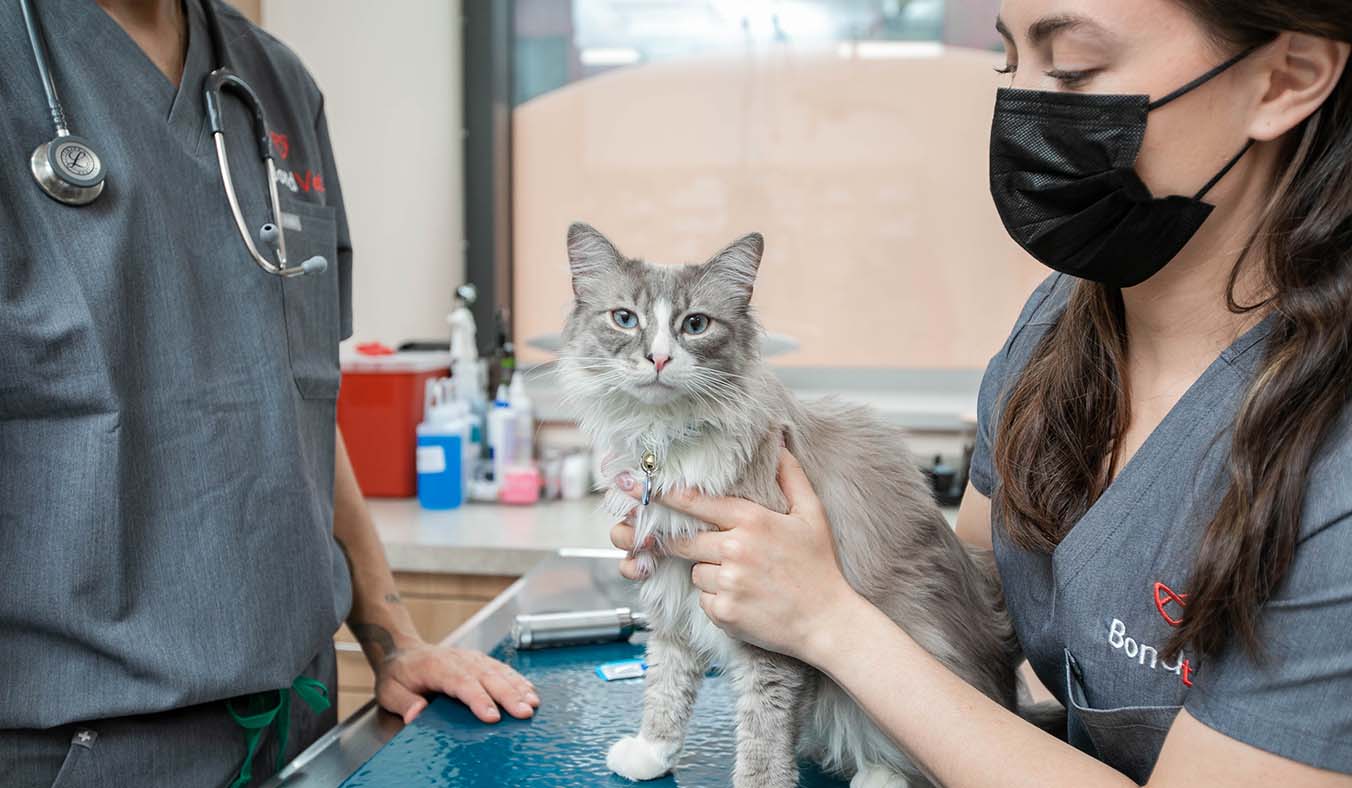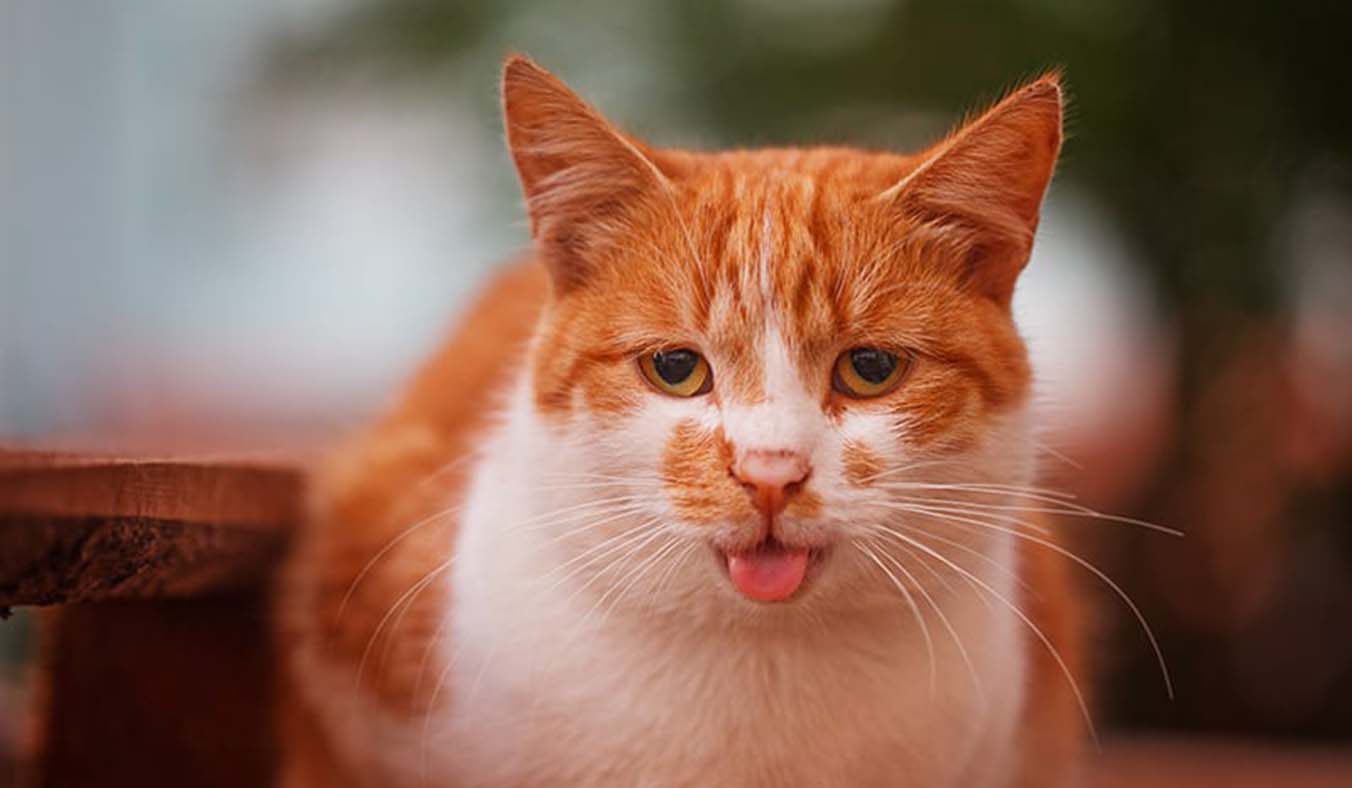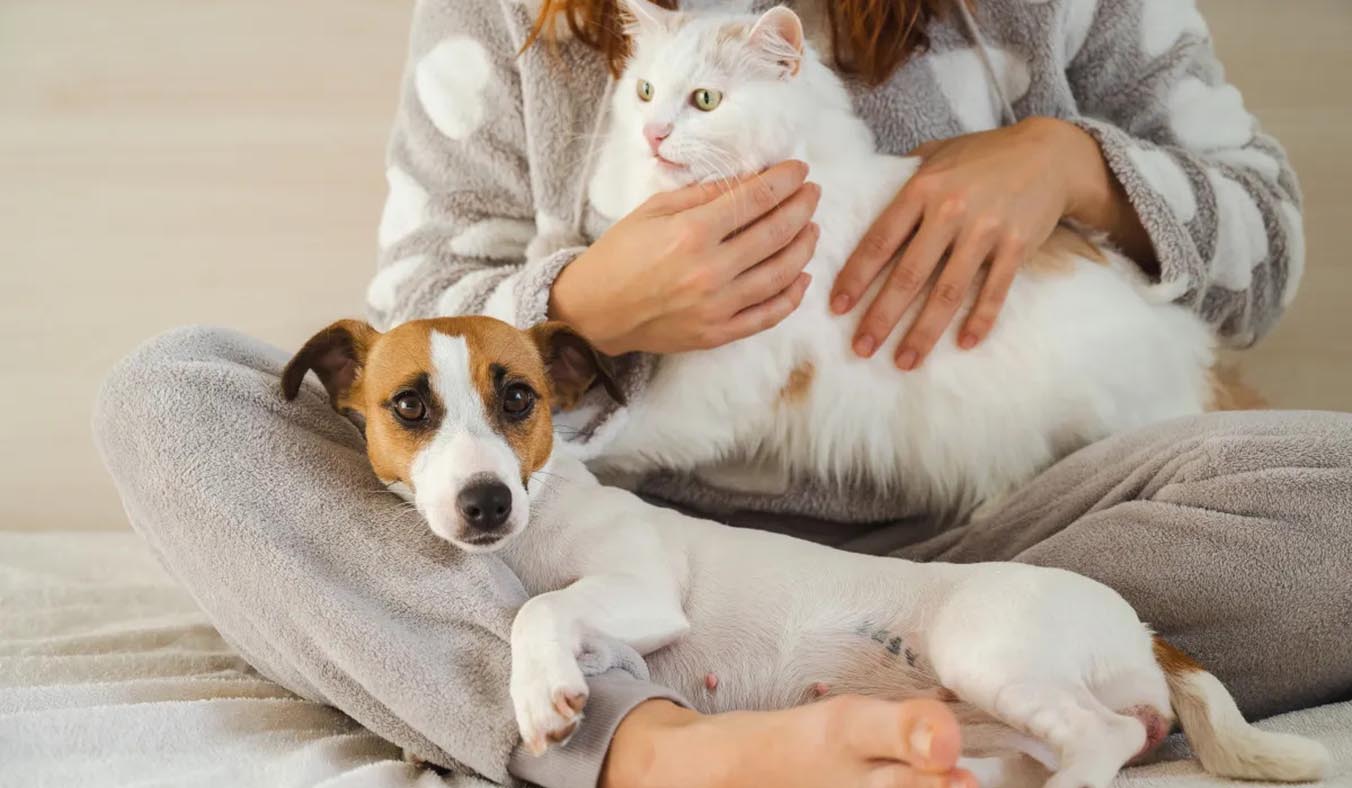As pets age, many owners notice their older cats or dogs begin to cough more frequently. Sometimes it’s a dry cough in the morning, other times it’s a persistent nighttime cough, and occasionally it’s accompanied by sneezing or retching-like movements. These symptoms are often misinterpreted as “normal aging” or “just hairballs,” which delays proper diagnosis and treatment of potentially serious conditions. In fact, for middle-aged and senior pets, persistent or recurring coughs are often a sign of respiratory system problems.
I will begin by explaining the basic functions of the respiratory system and then outline common diseases and risk factors that affect respiratory health in older pets.I’ll also provide practical home observation tips and scientific care advice to help pet owners detect issues early and provide appropriate care.
I. The Importance of the Respiratory System to Pet Health
A pet’s respiratory system includes the nasal cavity, pharynx, trachea, bronchi, lungs, and pleura. Its primary function is to facilitate the exchange of oxygen and carbon dioxide. A healthy respiratory system is essential for the proper functioning of all organs. Once the system is compromised—whether due to airway obstruction, lung infection, or pleural effusion—it can quickly affect the entire body and even become life-threatening.
This is especially true in older pets (generally dogs over 8 years and cats over 10 years old), whose organ function naturally declines with age. The airways become less elastic and are less able to clear irritants, making them more vulnerable to environmental triggers and pathogens. Combined with the subtle progression of chronic diseases, senior cats and dogs are at higher risk of respiratory illnesses.
II. Types of Coughs and What They May Indicate
Coughing is a symptom, not a disease. Different types of coughs can indicate different underlying issues. Common presentations include:
- Dry Cough: Short, hacking coughs with no phlegm, possibly linked to tracheitis or bronchitis.
- Wet Cough: Coughs with phlegm or a “gurgling” sound, often due to lung infections or edema.
- Intermittent Cough: Comes and goes, often seen in chronic airway disease or cardiac-related issues.
- Severe, Paroxysmal Coughing: May be accompanied by retching, seen in tracheal collapse or foreign body irritation.
- Morning or Nighttime Cough: Common in bronchitis or cardiogenic pulmonary edema.
Pet owners can assist diagnosis by noting the timing, frequency, sound, and associated behaviors like sneezing or open-mouth breathing.
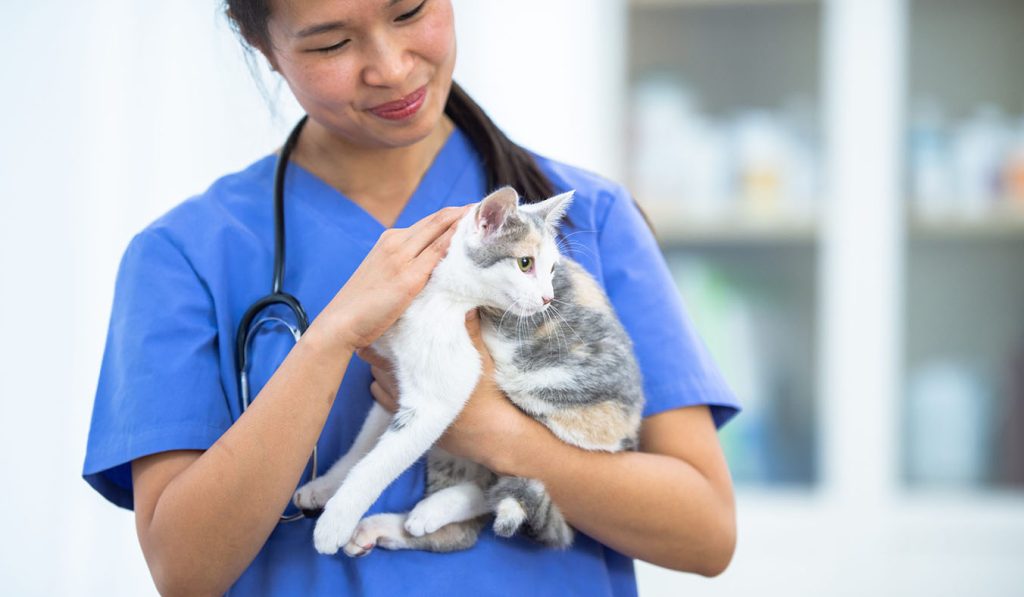
III. Common Causes of Coughing in Senior Pets
1. Chronic Bronchitis
This is one of the most common respiratory diseases in senior dogs, especially small breeds like Pomeranians, Poodles, and Maltese. It is characterized by chronic airway inflammation, increased secretions, and fibrosis of the tracheal walls, leading to persistent dry coughing, particularly in the morning or after activity.
Typical signs:
- Dry cough lasting more than two months
- Nighttime or early morning coughing
- “Throat-clearing” behavior post-cough
- Rapid breathing, though appetite and energy may remain normal
Left untreated, this can cause permanent airway changes and lead to chronic obstructive pulmonary disease (COPD).
2. Tracheal Collapse
This condition involves the degeneration and weakening of the tracheal cartilage, causing partial or complete collapse. It is most common in small, senior dogs. Violent coughing is the hallmark symptom.
Typical signs:
- Dry, honking “goose-like” cough
- Coughing after excitement, pulling on a leash, or eating
- Open-mouth breathing and panting
- Severe cases may present with breathing difficulty and cyanosis
Diagnosis typically involves X-rays or tracheoscopy.
3. Lung Infections (Bacterial Pneumonia, Fungal Infections)
With age, pets’ immune systems weaken, making them more susceptible to respiratory pathogens. Pneumonia or fungal infections can start subtly but worsen over time.
Symptoms include:
- Wet cough with phlegm
- Fever, decreased appetite
- Increased respiratory rate and effort
- Weight loss
Imaging (X-ray or CT) and blood tests help identify the causative agent.
4. Tumors or Airway Foreign Bodies
Respiratory tumors such as pulmonary adenocarcinoma or tracheal tumors, though not extremely common, do occur in older pets. Early signs may just be occasional coughing, but as the tumor grows, it can cause progressive breathing difficulty and fatigue.
Foreign bodies in the airway can cause sudden, violent coughing and signs of choking.
5. Cardiac-Related Cough
Sometimes coughing isn’t directly caused by respiratory issues, but rather by heart dysfunction (e.g., degenerative valve disease, dilated cardiomyopathy). These issues can increase pressure in the pulmonary circulation, causing pulmonary edema and triggering coughing.
Common signs:
- Worse coughing at night
- Symptoms worsen when lying flat
- May have labored breathing, exercise intolerance, bluish gums
- Abnormal heart sounds or irregular rhythm
Diagnosis relies on echocardiography and chest X-rays.
IV. Home Monitoring and Record-Keeping Tips
You can track cough-related signs at home across several dimensions to aid communication with your vet:
- Cough Timing: Morning? Night? After activity?
- Frequency and Duration: How often each day? How long does each episode last?
- Sound Characteristics: Dry? Wet? Like gagging? Any phlegm?
- Associated Symptoms: Panting? Weight loss? Lethargy?
- Triggers: Sensitive to perfume, cleaning products, pollen, or cold air?
Recording videos of coughing episodes is especially helpful for diagnosis.
V. Veterinary Diagnosis and Treatment
If your pet shows persistent or unusual coughing, consult a veterinarian promptly. Standard diagnostics include:
- Physical Exam: Listening to heart and lung sounds
- X-rays: To assess lung shadows, tracheal collapse, heart size
- Blood Tests: White blood cell count, CRP, parasite screening
- Echocardiogram & ECG: To check for cardiac causes
- Bronchoalveolar Lavage or Tracheoscopy: For in-depth investigation
Treatment depends on the cause and may involve:
- Anti-inflammatories, bronchodilators, cough suppressants
- Pathogen-specific drugs (antibiotics or antifungals)
- Surgery or stents for tracheal collapse
- Cardiac drugs for heart-related coughing
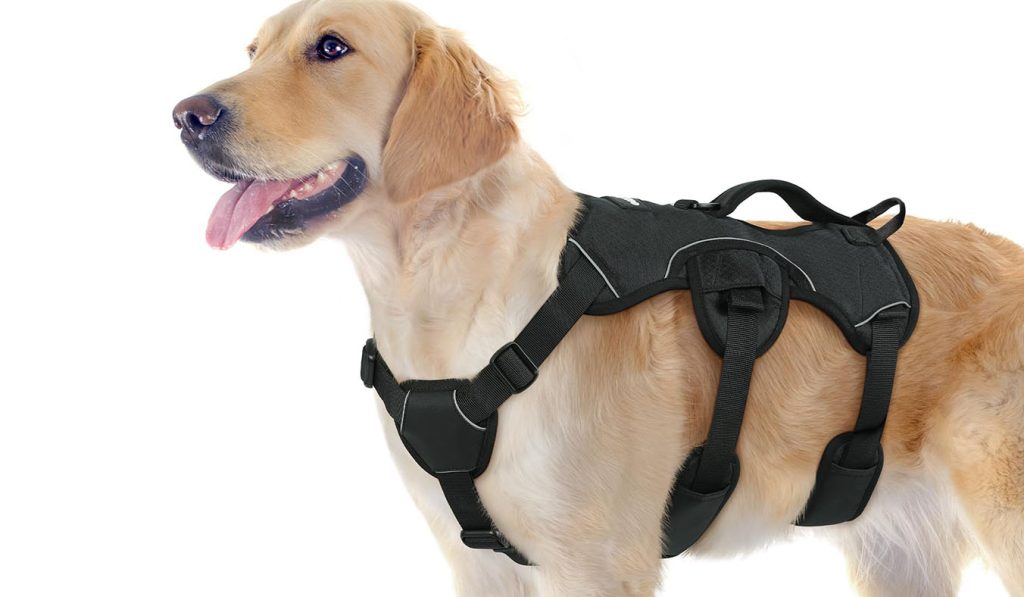
VI. Environmental and Lifestyle Adjustments
1. Improve Air Quality
- Use air purifiers, avoid dust, smoke, perfumes
- Regularly clean air conditioner filters and pet areas
2. Avoid Overexertion
- Especially for pets with airway problems, avoid pulling on walks
- Avoid outings during hot midday hours
3. Use Harnesses Instead of Collars
- Especially for dogs prone to tracheal collapse, to reduce tracheal pressure
4. Routine Health Checkups
- Annual chest X-rays and cardio-pulmonary exams are recommended for pets over 8 years old
VII. Listen to Every Cough
A cough is your pet’s way of silently signaling that something might be wrong. Especially as they grow older, even a couple of morning coughs could be a red flag. Through careful observation, timely veterinary care, and attentive home support, many respiratory problems can be managed before they become severe.
Every peaceful breath your pet takes is made possible by your vigilance and care. As they enter their golden years, they still long to run freely and rest peacefully by your side. Protecting their every breath is the first step to ensuring a happy, healthy life in their senior years.
